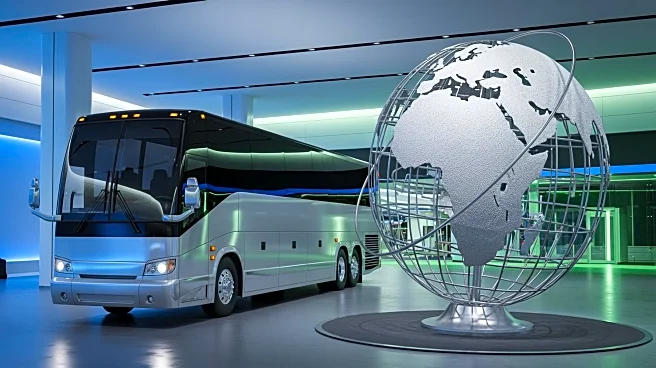Rapid Read • 7 min read
Li-Cycle Holdings Corp., a company focused on lithium-ion battery recycling, has been acquired by Glencore Canada Corp. The acquisition follows Li-Cycle's bankruptcy filing in May 2025, after construction costs for its Rochester facility soared from $485 million to $1 billion. The Rochester hub was intended to recycle materials like lithium, nickel, and cobalt, supporting electric vehicle battery production and creating up to 270 jobs. However, construction was halted in October 2023 due to financial strain. Glencore's plans for the facility remain unclear, leaving the future of the project uncertain.
AD
The acquisition of Li-Cycle by Glencore raises questions about the future of the stalled Rochester battery hub, which was expected to contribute significantly to the local economy and the broader push for sustainable energy solutions. The uncertainty surrounding the project impacts potential job creation and the advancement of battery recycling technology, crucial for the electric vehicle industry. Stakeholders, including local government and environmental advocates, are keenly interested in Glencore's next steps, as the facility's completion could bolster regional economic growth and support green initiatives.
The next steps for the Rochester battery hub depend on Glencore's strategic decisions regarding the facility. Stakeholders are awaiting announcements on whether Glencore will proceed with the original plans or alter the project's direction. The outcome will influence local economic prospects and the development of sustainable energy infrastructure. Political leaders and industry experts may engage with Glencore to advocate for the completion of the hub, emphasizing its potential benefits for job creation and environmental sustainability.
AD
More Stories You Might Enjoy











